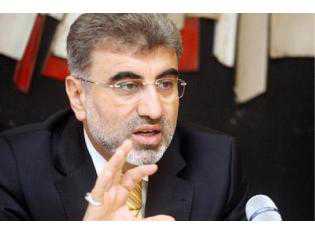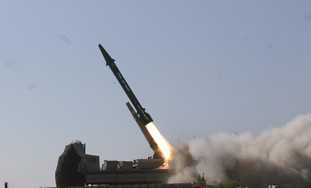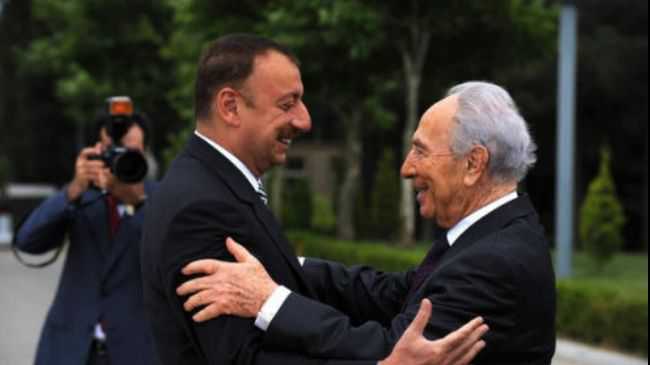Turkey’s Energy Minister Taner Yildiz says Ankara will not abide by the Western sanctions imposed against Tehran’s energy sector, stressing that Ankara will maintain its strong energy ties with Tehran.
 “Turkey is not a member of the European Union (EU). Therefore, its decisions are not binding for us. Likewise, the decisions made by the US will not be binding,” Yildiz said at a Thursday news conference with South African Trade and Industry Minister Rob Davies in the Turkish capital city of Ankara.
“Turkey is not a member of the European Union (EU). Therefore, its decisions are not binding for us. Likewise, the decisions made by the US will not be binding,” Yildiz said at a Thursday news conference with South African Trade and Industry Minister Rob Davies in the Turkish capital city of Ankara.
Davies, for his part, voiced South Africa’s concern about the impact of the sanctions on the global oil prices and the global oil supply.
On the New Year’s Eve, the United States imposed new sanctions against Iran, aimed at preventing other countries from importing Iran’s oil and doing transactions with its central bank.
EU foreign ministers also approved sanctions against Iran on January 23, including a ban on Iranian oil imports, a freeze on the assets of the country’s Central Bank within EU states and a ban on selling diamonds, gold, and other precious metals to Tehran.
The United States, Israel and some of their allies accuse Tehran of pursuing military objectives in its nuclear program and have used this pretext to push for four rounds of UN sanctions and a series of unilateral sanctions against the Islamic Republic.
Iran has refuted the allegations, arguing that as a committed signatory to the nuclear Non-Proliferation Treaty and member of the International Atomic Energy Agency, it has the right to use nuclear technology for peaceful use.
via Turkey rejects West’s anti-Iran energy sanctions – Tehran Times.




